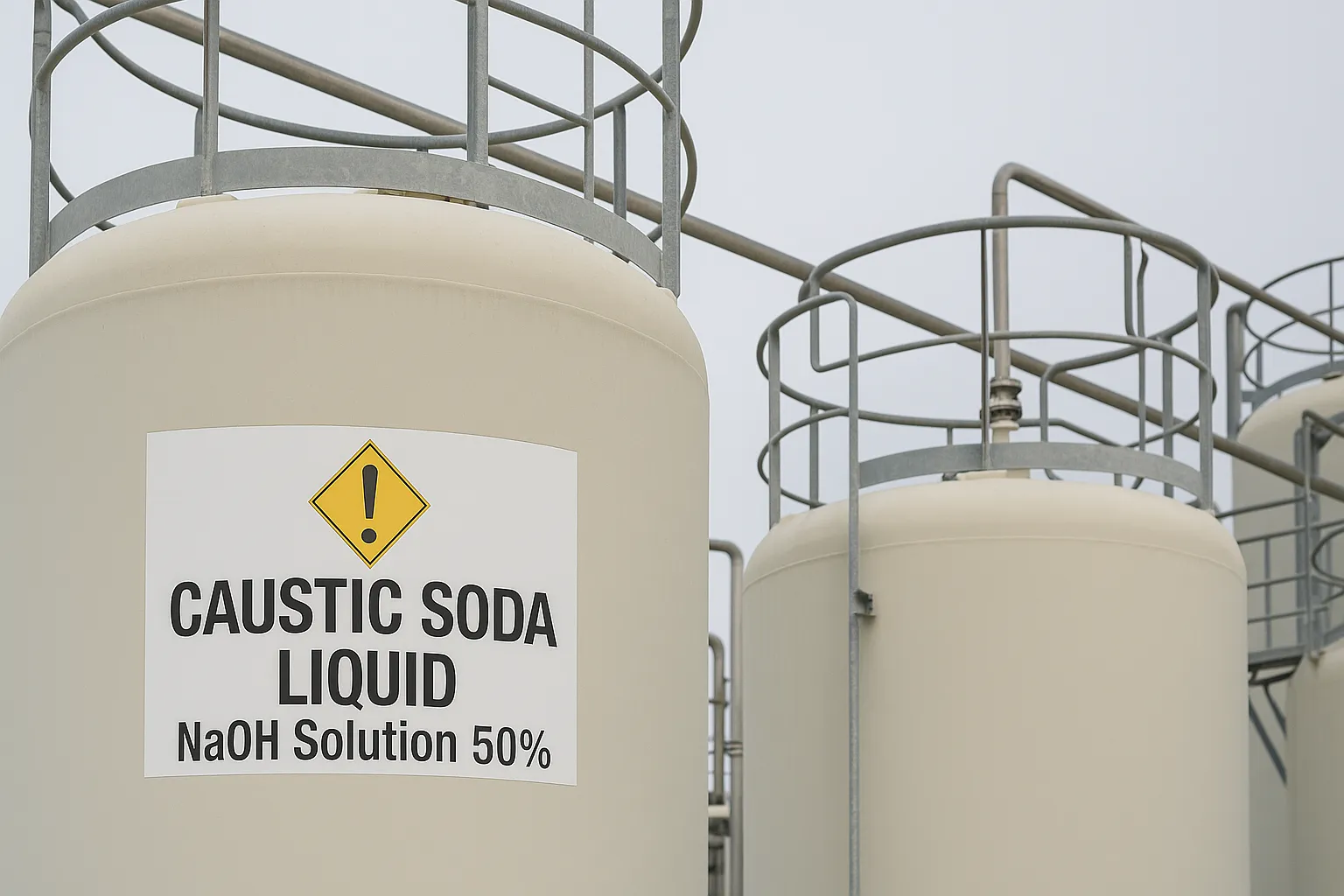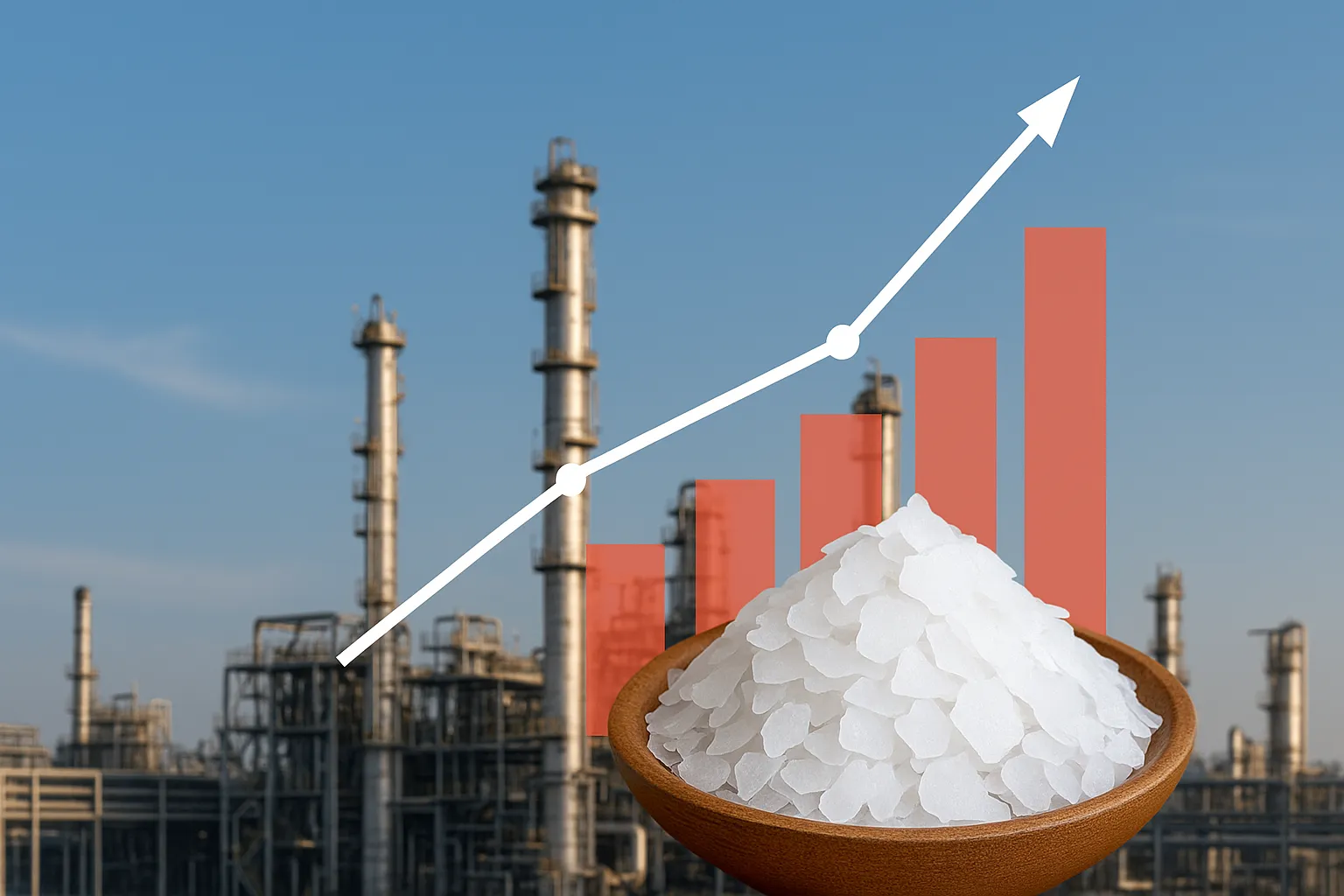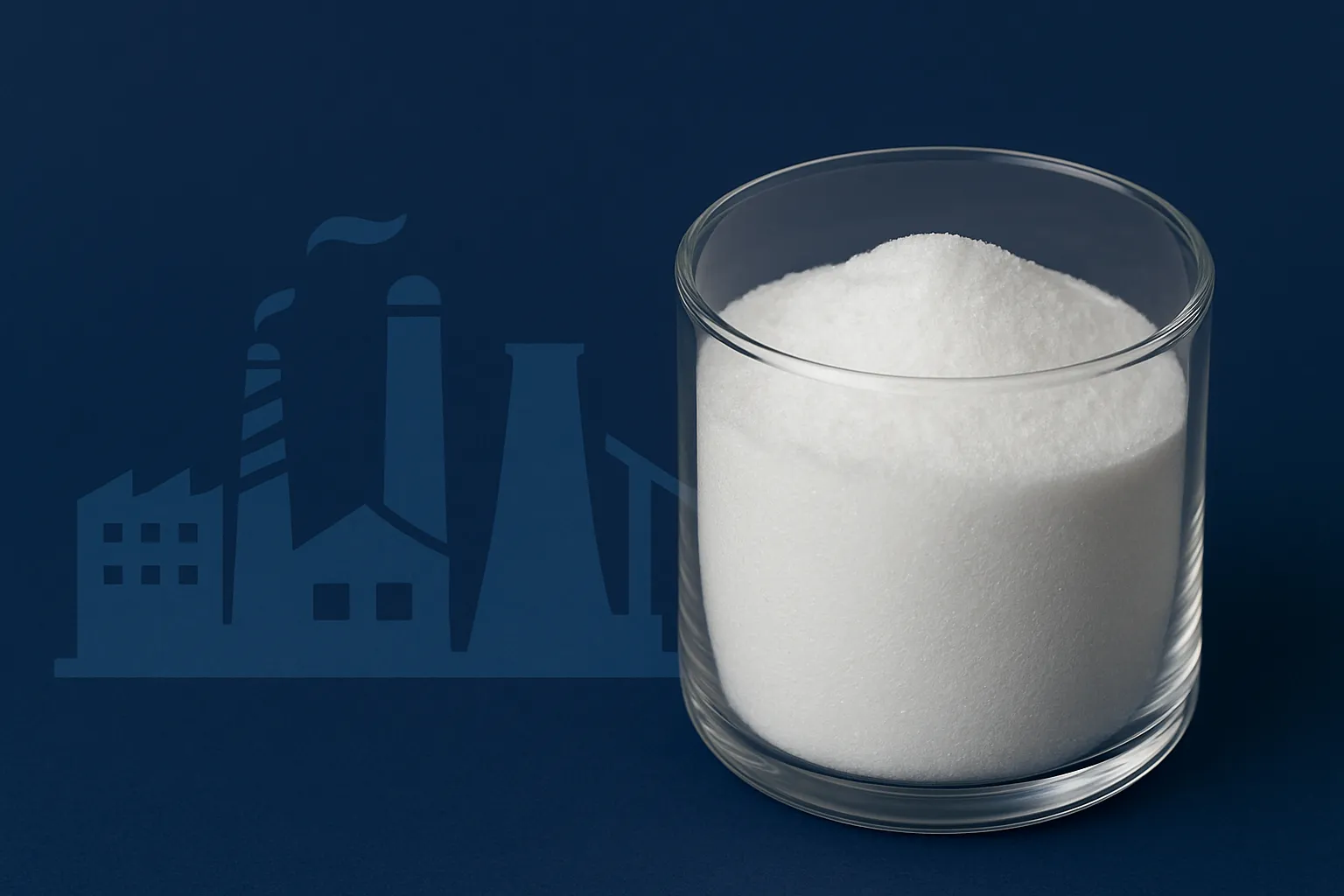Latest Articles

Food Ingredients
Caustic Soda Liquid: The Versatile Solution for Chemical and Food Industries
01 July 2025


Popular search tags :

01 July 2025


19 July 2024
17 July 2024
11 July 2024
01 July 2025
30 June 2025
23 June 2025
23 June 2025
18 June 2025
17 June 2025
We're committed to your privacy. Tradeasia uses the information you provide to us to contact you about our relevant content, products, and services. For more information, check out our privacy policy.